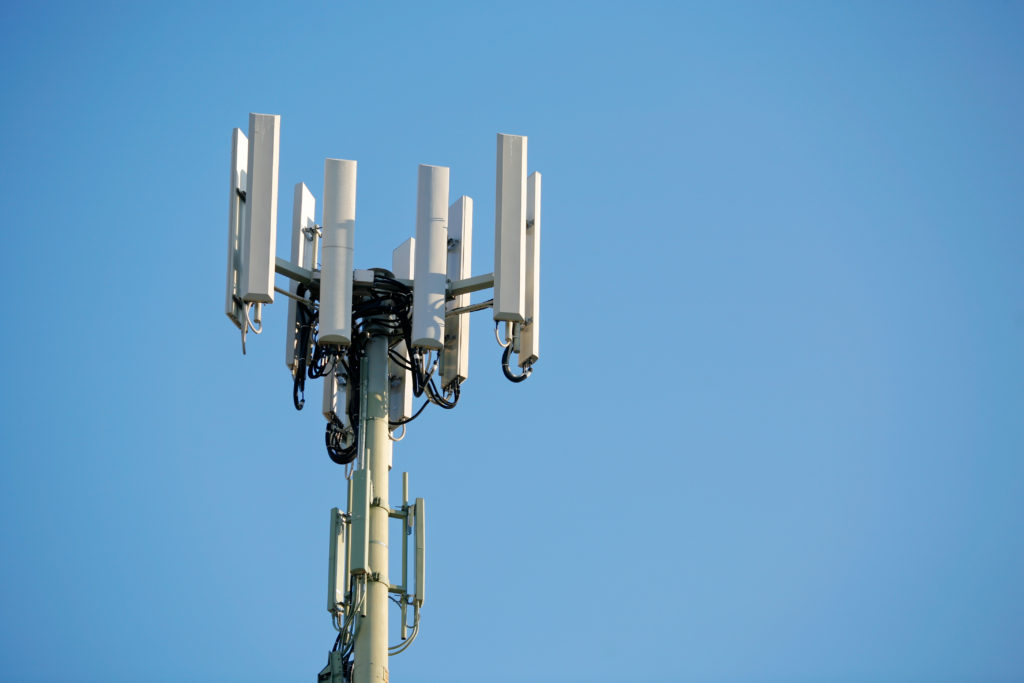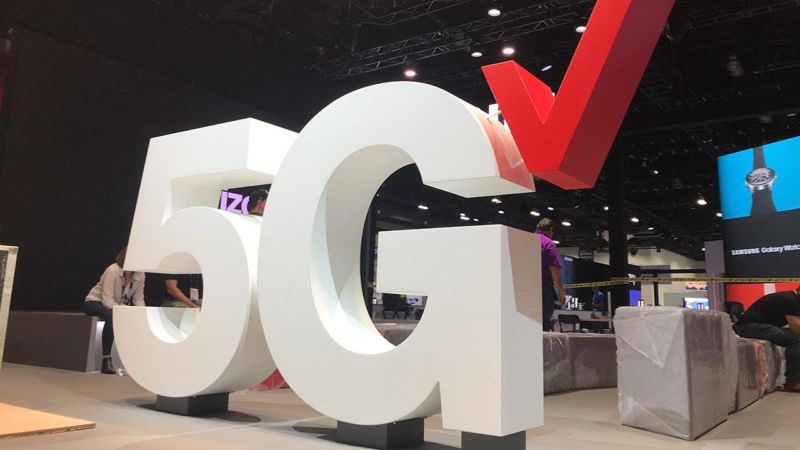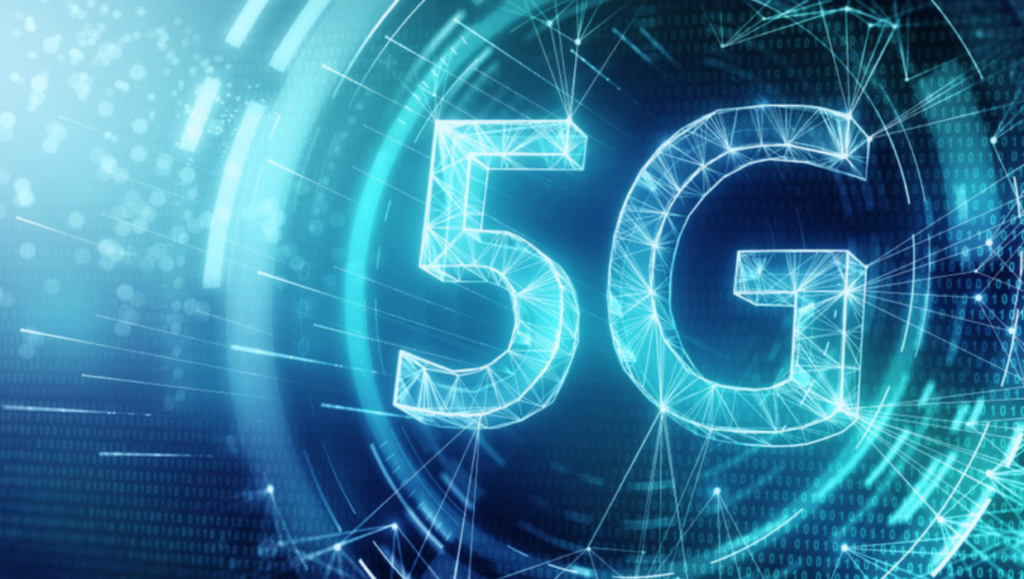New 5G mmWave signal booster platform will enable 5G amplification for in-building solutions
Los Angeles, California – October 17, 2019 – SureCall, the performance leader in cell signal booster solutions, today announced its 5G Everywhere booster platform for scalable 5G millimeter wave (mmWave) signal boosters and antenna kitting options. SureCall’s comprehensive design platform offers the flexibility that carriers need to provide tailored 5G mmWave services across North America while maintaining the same award-winning quality, reliability, and compliance with FCC regulations.
The 5G Everywhere booster platform allows carriers and partners to build customizable signal boosting solutions to overcome the natural 5G signal propagation challenges and bring the technology into the homes and lives of consumers. The 5G Everywhere booster platform includes industry-leading features such as the exclusively patented Extended Range Technology™ (ERT) as well as amplification for all carriers operating 5G on the 28 GHz mmWave band. In addition, the platform is fully FCC compliant with current and upcoming 5G regulations, including network protection standards, for seamless integration into cell tower networks.
“Signal boosters have always proven effective at resolving cell signal penetration impediments and as we enter the era of 5G they will become more important,” said SureCall founder and CEO Hongtao Zhan. “Our 5G Everywhere booster platform allows carriers and other partners to meet their customer’s needs and enable 5G consumption at scale with the flexibility to handle a variety of applications and the benefit of nearly 20 years of innovation, quality, and reliability in the industry.”
A unique obstacle to making 5G mmWave available for the wider public would be the stark contrast in the way current cell signals, including 4G LTE, and 5G mmWave signals, propagate. Today’s cell towers are capable of delivering functional cell signals up to 30-45 miles away while the 5G mmWave cell towers are expected to only cover areas up to a few blocks away.
Even more challenging, the penetration power of 5G mmWave signals is much weaker compared to the current bands being used today. Not only do the 5G mmWave frequencies have shorter range, but they are also much more sensitive to obstacles such as walls, windows, and doors, and are even impeded by leaves on trees or falling rain water, making 5G mmWave signal boosters a necessity.
SureCall will debut the 5G Everywhere booster platform in booth 2506 at Mobile World Congress Americas (MWCA 2019) in Los Angeles, October 22-24. For more information or to schedule a meeting with SureCall, e-mail MWCA@surecall.com.
About SureCall
SureCall is the multi-patent, award-winning performance leader for cell phone signal boosters. Since its inception in 2001, SureCall has quickly grown to innovate at the cutting edge of the industry, winning back-to-back Inc. 5000 awards every year since 2016 as well as the 2017 CES Innovation Award, among many other accolades. SureCall combines its patented engineering with top-quality materials and comprehensive lifetime support to provide best-in-class solutions for mobile device users to access dependable cell service in their homes, offices, and vehicles. As a result, industry leaders such as Chrysler, Marriott, NASA, and HP all trust SureCall’s FCC-approved signal boosters for their quality, reliability, and performance.










